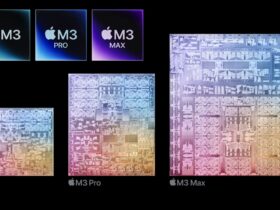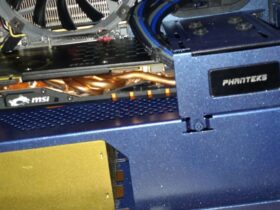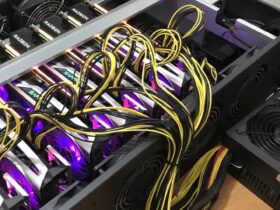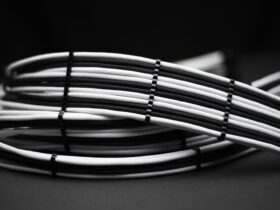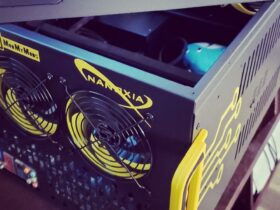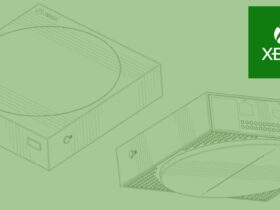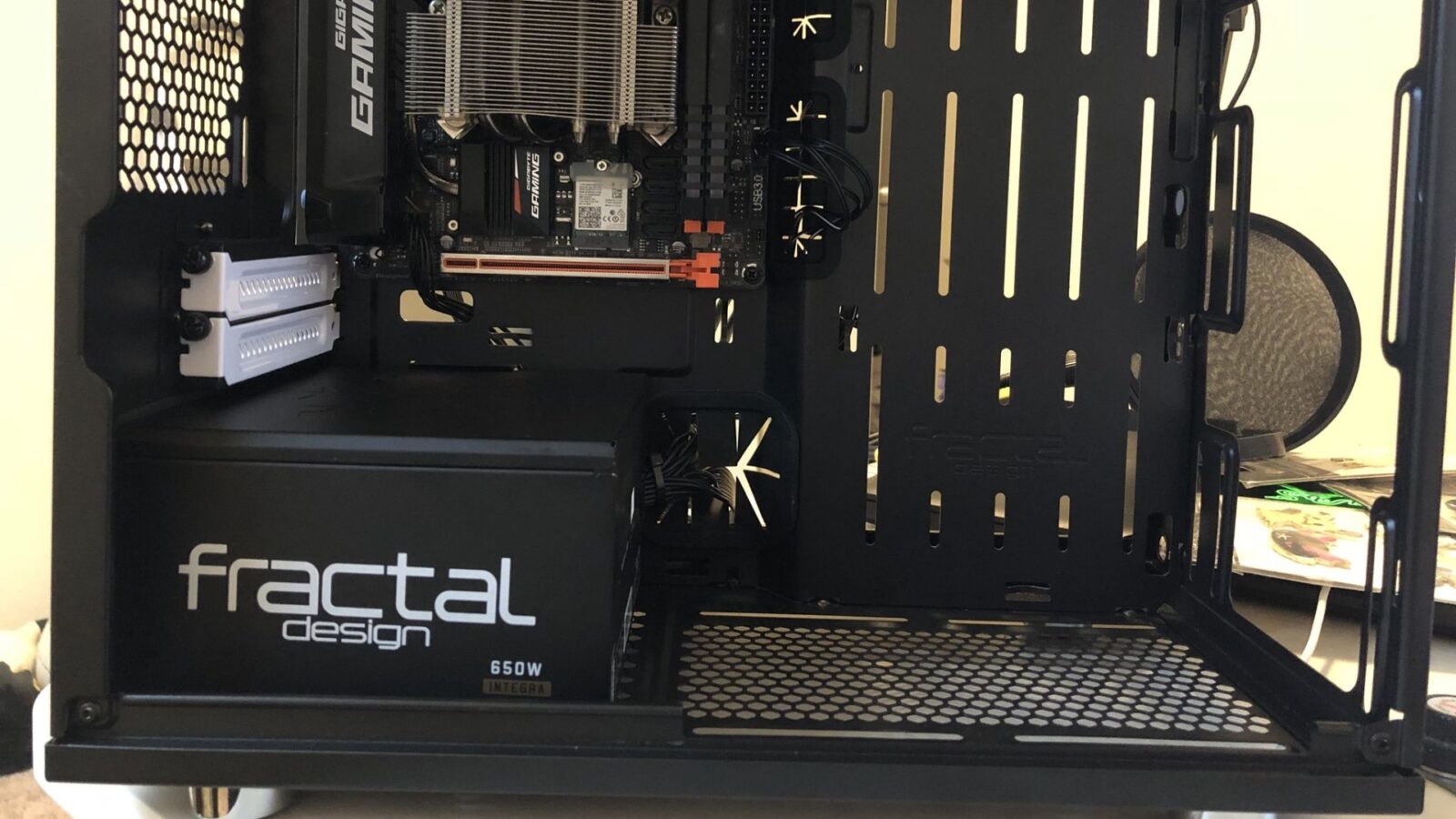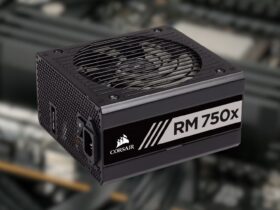Daftar Isi
When it comes to powering your PC, the choice of a power supply unit (PSU) can significantly impact your system’s performance, stability, and cable management. Among the PSU options available, non modular PSU have been around for years and continue to find their place in various builds. In this article, we’ll explore the advantages and disadvantages of non-modular PSUs, shedding light on their design, use cases, and potential drawbacks.
Advantages of Non Modular PSUs
Economical Efficiency: The Case for Non-Modular PSUs
When it comes to powering your PC build, navigating the plethora of power supply unit (PSU) options can be a daunting task. Among the choices available, non modular PSUs stand out as a cost-effective solution that offers simplicity without sacrificing performance. Let’s explore why non modular PSUs are an appealing choice for budget-conscious builders seeking reliability without breaking the bank.
Straightforward Simplicity
One of the defining characteristics of non modular PSUs is their straightforward design. Unlike their modular counterparts, which feature detachable cables for customizable configurations, non modular PSUs come with all cables permanently attached. This simplicity eliminates the need for cable management decisions, making installation a breeze for novice builders or those seeking a hassle-free setup process.
Streamlined Manufacturing for Savings
The inherent simplicity of non modular PSUs extends beyond installation convenience—it also translates to cost savings. With no detachable cables to factor into the manufacturing process, the production costs associated with non modular PSUs are significantly lower compared to their modular counterparts. These savings are passed on to consumers, making non modular PSUs an attractive option for builders working within budget constraints.
Ideal for Budget-Conscious Builders
For builders prioritizing affordability without compromising on reliability, non modular PSUs offer an enticing proposition. By opting for a non-modular PSU, you can enjoy the peace of mind that comes with a dependable power supply solution without exceeding your budgetary limits. Whether you’re assembling a budget gaming rig or a basic productivity workstation, non-modular PSUs provide the essential power delivery you need at a price point that won’t break the bank.
Easy Installation
Non-modular PSUs come with all the cables you need to power your system. There’s no need to worry about compatibility or cable selection. Simply connect the PSU to your components, and you’re good to go. This ease of installation is especially beneficial for beginners or those who prefer a hassle-free building process.
Read More: Modular PSUs: Advantages and Disadvantages of Modular Design
Disadvantages of Non-Modular PSUs
When considering the various components for your PC build, one aspect that often gets overlooked is the power supply unit (PSU). While non-modular PSUs offer simplicity and affordability, they come with a significant drawback: the absence of a cable management system. Let’s delve into why this limitation poses challenges for builders and how it impacts the overall performance and aesthetics of your PC.
Clutter Without Control
One of the primary drawbacks of non-modular PSUs is their inherent lack of cable management flexibility. Unlike modular PSUs, where you can connect only the necessary cables, non-modular PSUs feature permanently attached cables. This means you’ll inevitably end up with excess cables, even if you don’t require them all for your build. The result? A tangled mess of cables inside your case, detracting from the overall cleanliness and organization of your PC’s interior.
Airflow Impediments
Beyond the aesthetic concerns, cable clutter caused by non-modular PSUs can have practical implications for your system’s performance. Poor cable management obstructs airflow within your case, disrupting the cooling efficiency of your components. With airflow impeded, your CPU, GPU, and other vital hardware components may experience higher temperatures, leading to decreased performance and potential thermal throttling. In essence, the lack of cable management options in non-modular PSUs can compromise the optimal functioning of your PC.
Compact Case Conundrum
The challenges posed by cable clutter are exacerbated in compact PC cases, where space is at a premium. Non-modular PSUs can quickly overwhelm the limited interior space of compact cases, leaving little room for maneuvering and exacerbating cable management woes. As a result, builders working with compact cases may find themselves grappling with even more significant challenges when it comes to organizing and tidying up their cable configurations.
Seeking Solutions
While non-modular PSUs may present challenges in terms of cable management, there are strategies to mitigate their impact. Investing in cable management accessories such as cable ties, Velcro straps, and cable combs can help tame the cable chaos and streamline your PC’s interior. Additionally, opting for cases with ample cable routing options and hidden cable compartments can make the cable management process more manageable, even with a non-modular PSU.
Higher Temperatures
Non-modular PSUs tend to have less efficient airflow due to the fixed cables obstructing airflow paths. The excess cables can trap heat, leading to higher operating temperatures. If your case lacks proper ventilation or if you’re running power-hungry components, the increased heat can affect overall system stability and longevity.
Conclusion
In conclusion, non-modular PSUs offer a cost-effective solution with easy installation but come with limitations in cable management and potential heat buildup. Consider your specific build requirements, budget, and case size when choosing between modular and non-modular PSUs. Whichever you choose, ensure it meets your power demands and provides reliable performance for your PC.
Non-modular power supplies provide a cost-effective solution with easy installation but lack cable management flexibility and may lead to higher temperatures. Consider your specific build requirements when choosing between modular and non-modular PSUs.



